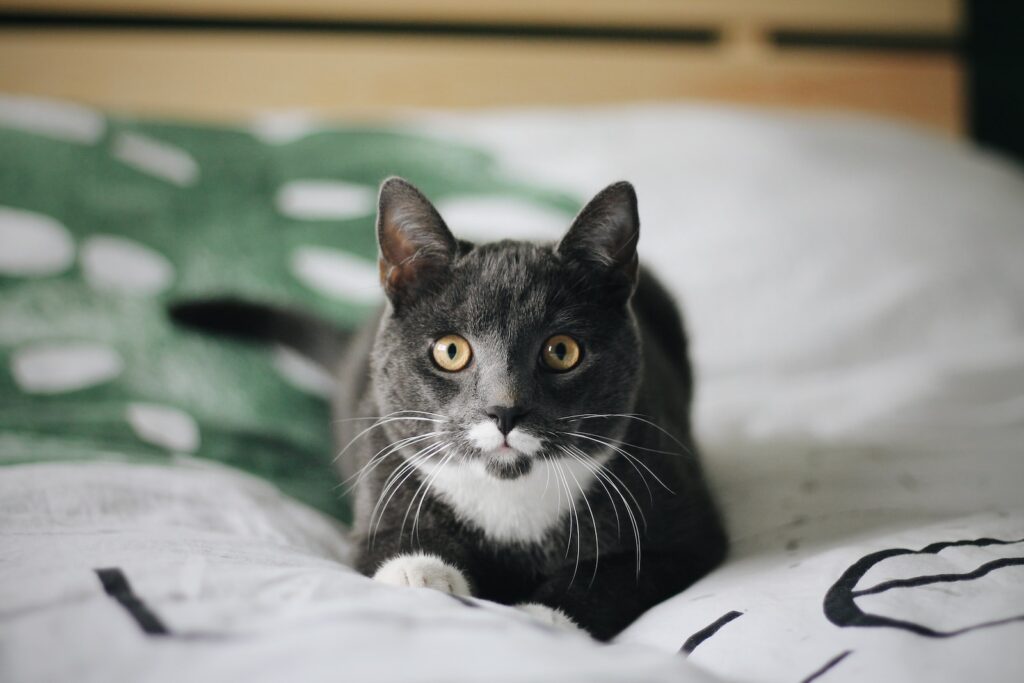Can Cats Eat Walnuts? — No, They Can’t
When it comes to our beloved feline friends, we often find ourselves questioning what foods are safe for them to consume. One such food item that raises concerns is walnuts. Unfortunately, walnuts are not suitable for cats and should be kept away from their reach.
Is It Safe for Kittens to Consume Walnuts?
Just like adult cats, kittens should not be given walnuts to eat. The high fat content and potential for digestive issues make walnuts an unsafe choice for kittens.
Risks Associated with Feeding Walnuts to Kittens
If kittens consume walnuts, they may experience gastrointestinal distress, such as upset stomach, diarrhea, or vomiting. The high fat content of walnuts can overwhelm their delicate digestive system, leading to discomfort and potential health issues.
Why Walnuts are Not Recommended for Cats
Dental Issues
Walnuts are hard and have a coarse texture, which can be problematic for a cat’s dental health. Chewing on walnuts can lead to tooth fractures or other dental injuries, causing pain and potential infections.
Digestive Problems
Cats have a sensitive digestive system that is not designed to digest nuts, including walnuts. Consuming walnuts can lead to digestive issues such as upset stomach, diarrhea, or constipation. These problems may cause discomfort to your feline companion and can even lead to more severe health complications.
Potential Allergic Reactions
Some cats may have allergies to walnuts or other nuts. If a cat has not been exposed to walnuts before, they may develop allergic reactions such as itching, skin irritation, or even difficulty breathing. It is crucial to avoid exposing cats to potential allergens like walnuts to prevent unnecessary health risks.
Known Health Issues in Cats from Consuming Walnuts
The consumption of walnuts by cats can lead to various health issues, including gastrointestinal problems, dental injuries, and potential allergic reactions. It is essential to prioritize the well-being of our feline companions by avoiding feeding them walnuts.
What to Do If a Cat Has Consumed Walnuts?
- Take note of any symptoms: If your cat has accidentally consumed walnuts, observe them closely for any signs of distress, such as vomiting, diarrhea, or lethargy.
- Contact your veterinarian: If you notice any concerning symptoms or if your cat has ingested a substantial amount of walnuts, it is best to consult your veterinarian for guidance and proper evaluation.
- Offer plenty of fresh water: Provide your cat with access to clean and fresh water to stay hydrated and help flush out any potential digestive discomfort.
Safe Alternatives to Walnuts for Cats
Fortunately, there are several cat-friendly alternative treats and snacks that you can offer your feline companion instead of walnuts. Some safe options include cooked chicken, salmon, or specific cat treats formulated to meet their nutritional needs. Always consult with your veterinarian for appropriate food choices for your cat.
Conclusion
In conclusion, walnuts are not suitable for cats, including kittens. The potential risks, ranging from dental injuries to digestive problems and allergic reactions, make it crucial for cat owners to avoid feeding their feline friends walnuts. Prioritizing a cat’s safety and health means choosing cat-friendly alternatives and ensuring they have a well-balanced diet. Remember, your veterinarian is always the best source of guidance when it comes to your cat’s nutritional needs.






